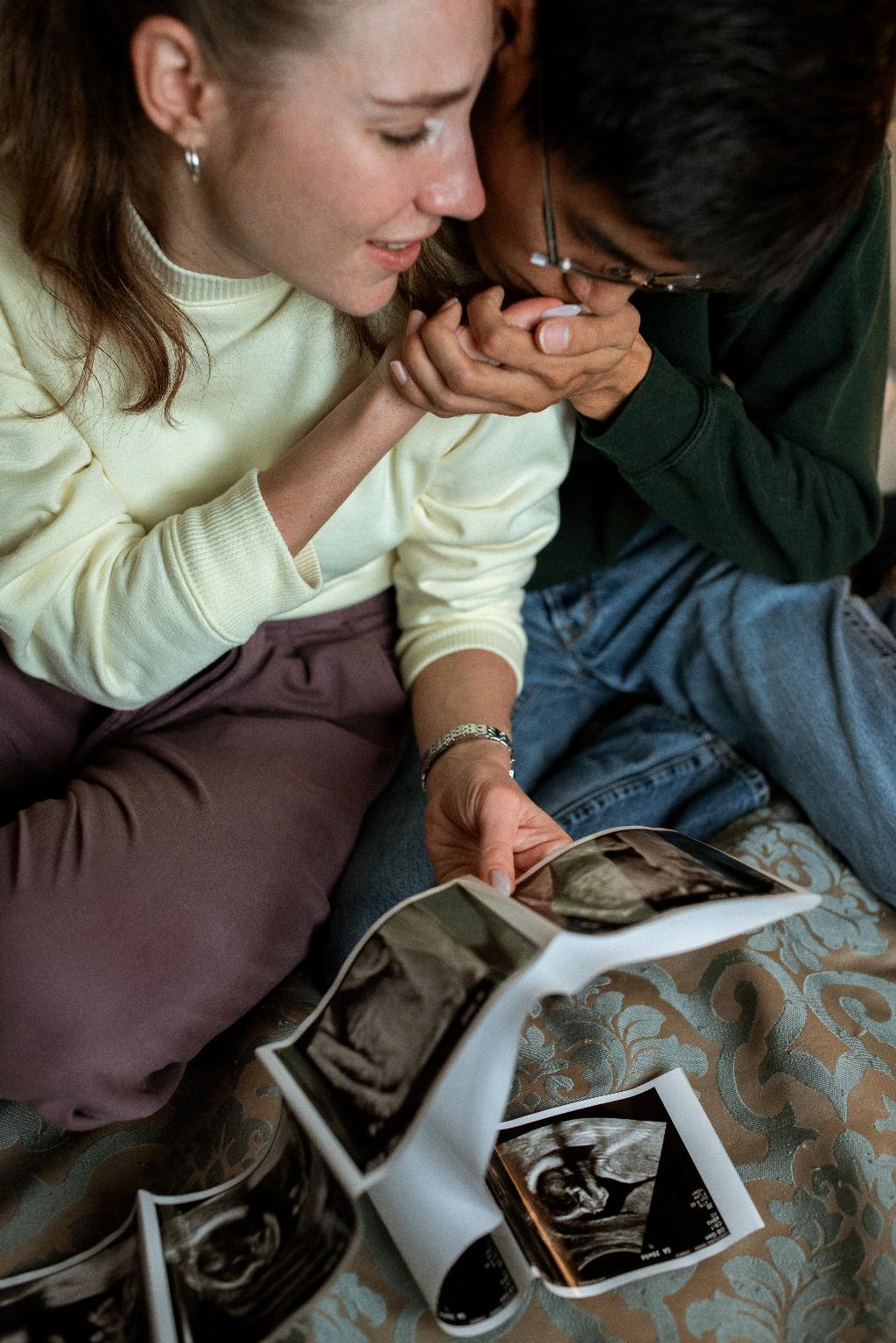When it comes to pregnancy, there are numerous changes that take place in a woman’s body, and sometimes these changes can manifest on the skin. One common skin issue that pregnant individuals may experience is known as a face rash. This condition, characterized by redness, itching, and sometimes bumps or splotches on the face, can be concerning for expectant mothers.
One of the primary culprits behind face rashes during pregnancy is a condition called Pruritic Urticarial Papules and Plaques of Pregnancy (PUPPP), which is considered the most prevalent pregnancy rash. PUPPP typically presents itself as itchy red bumps and hives on the abdomen, but it can also extend to other areas, including the face.
As a woman progresses through pregnancy, hormonal changes play a significant role in the development of skin issues. Fluctuations in hormones, particularly estrogen and progesterone, can trigger reactions in the skin, leading to conditions like PUPPP or other forms of dermatitis that can cause a rash on the face.
It is essential for pregnant individuals experiencing a face rash to consult with their healthcare provider for a proper diagnosis and treatment plan. While many pregnancy rashes are benign and will resolve on their own postpartum, some may require medical intervention to alleviate symptoms and prevent complications.
Factors such as genetics, skin type, and overall health can also influence the likelihood of developing a face rash during pregnancy. Some women may be more prone to skin sensitivities or conditions like eczema, which can exacerbate the risk of experiencing a rash on the face during gestation.
While dealing with a face rash during pregnancy can be uncomfortable and distressing, there are steps that pregnant individuals can take to manage symptoms and promote skin health. Practicing good skincare habits, using mild, fragrance-free products, and staying hydrated can help alleviate discomfort and prevent further irritation.
Stress and emotional wellbeing can also impact skin health, including the development of rashes. Pregnancy itself can be a time of increased stress and anxiety, which may exacerbate skin conditions. Finding ways to relax, practicing mindfulness, and seeking support from loved ones can contribute to overall skin wellness.
It is crucial for pregnant individuals to avoid self-diagnosing their skin issues and refrain from using over-the-counter medications without consulting a healthcare professional. Some topical treatments and oral medications may not be safe during pregnancy and could potentially harm the developing fetus.
Depending on the severity of the face rash and associated symptoms, a healthcare provider may recommend topical corticosteroids, antihistamines, or other solutions to manage the condition. These interventions must be monitored closely to ensure both maternal and fetal safety throughout the treatment process.
While face rashes during pregnancy can be challenging to deal with, they are generally considered a temporary and manageable aspect of the gestational experience. With proper care, guidance from healthcare providers, and attention to skincare routines, pregnant individuals can navigate these skin issues effectively and focus on the joys of impending motherhood.
In summary, pregnancy can indeed cause face rash, with conditions like PUPPP being one of the primary culprits. Hormonal changes, genetic predispositions, and skin sensitivities can all contribute to the development of skin issues during pregnancy. Seeking medical advice, practicing good skincare habits, and prioritizing overall wellness can help individuals manage face rashes and promote skin health throughout gestation.

